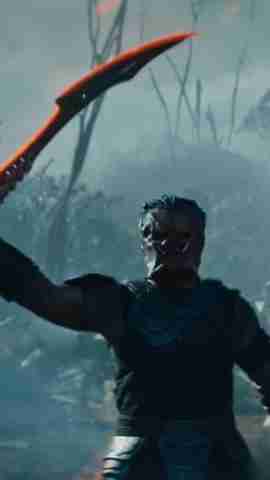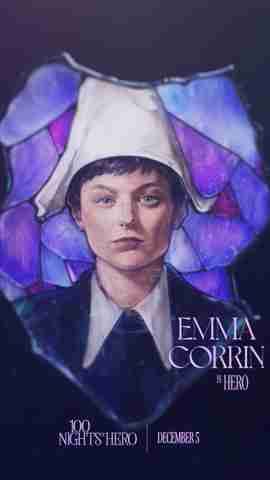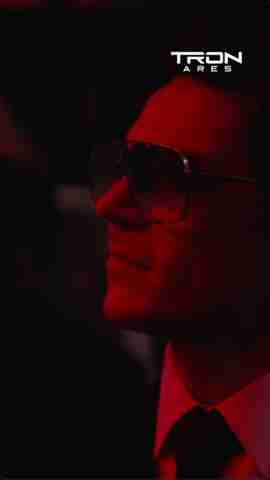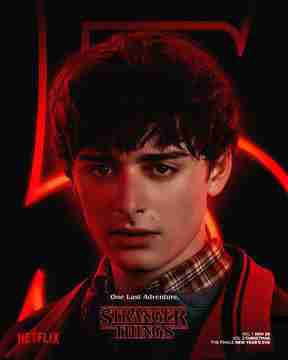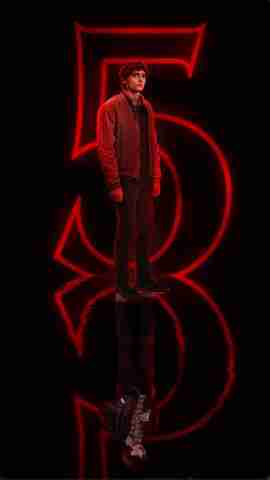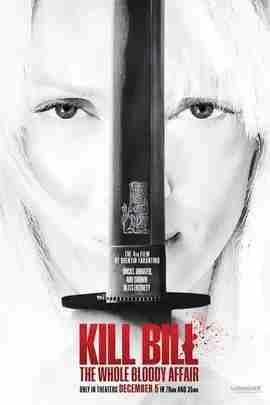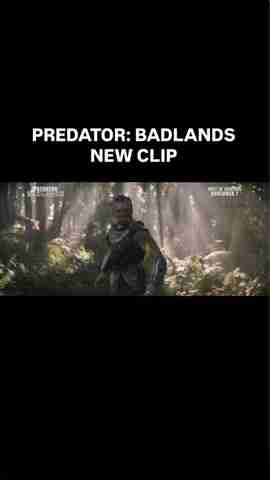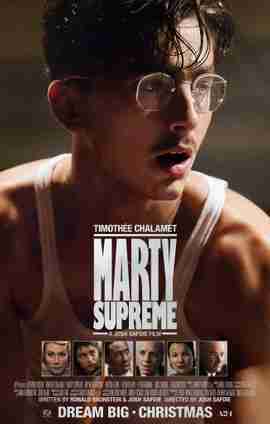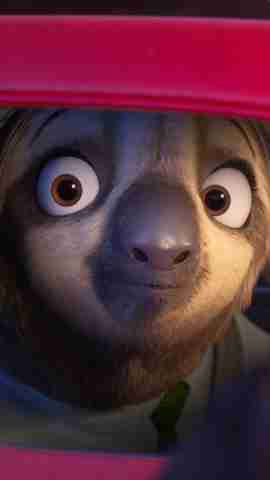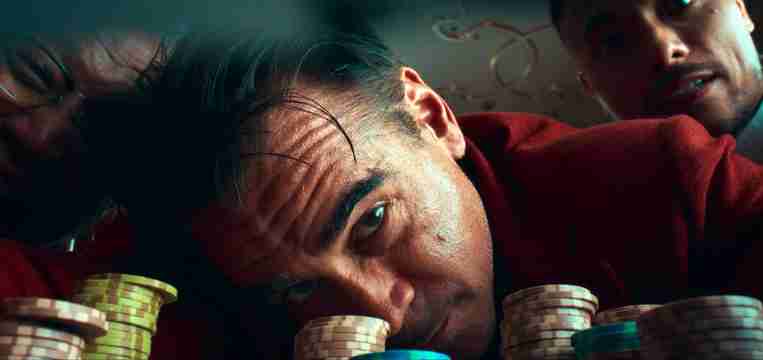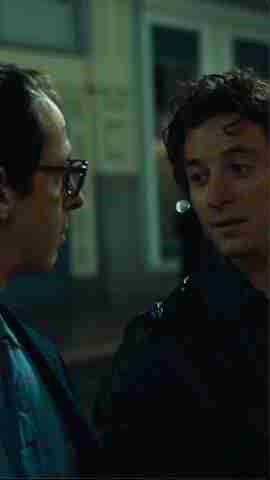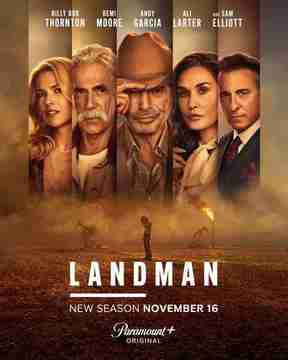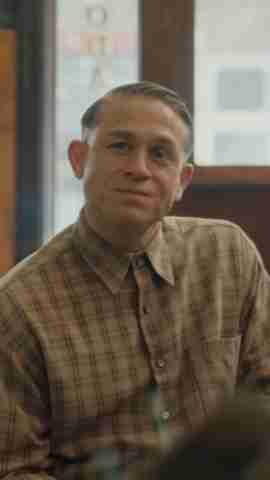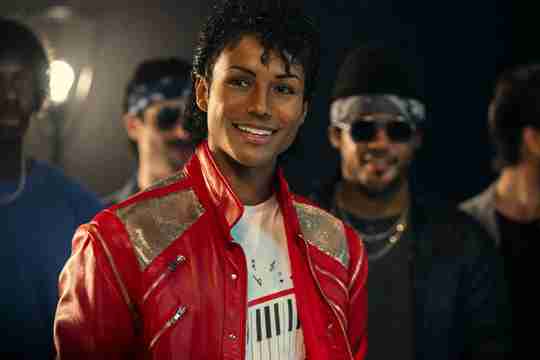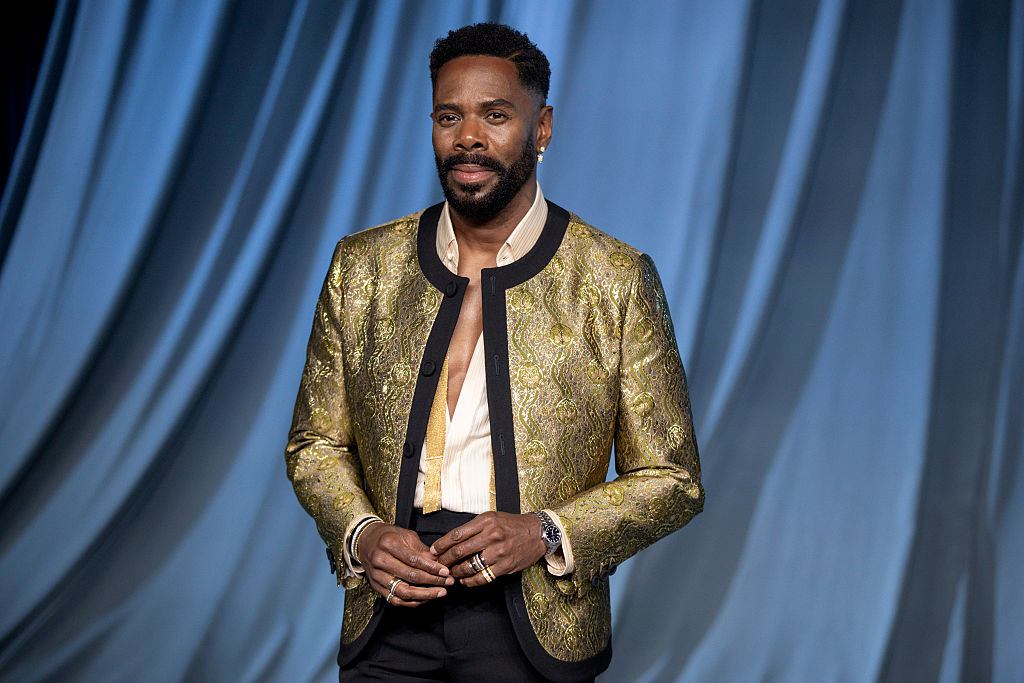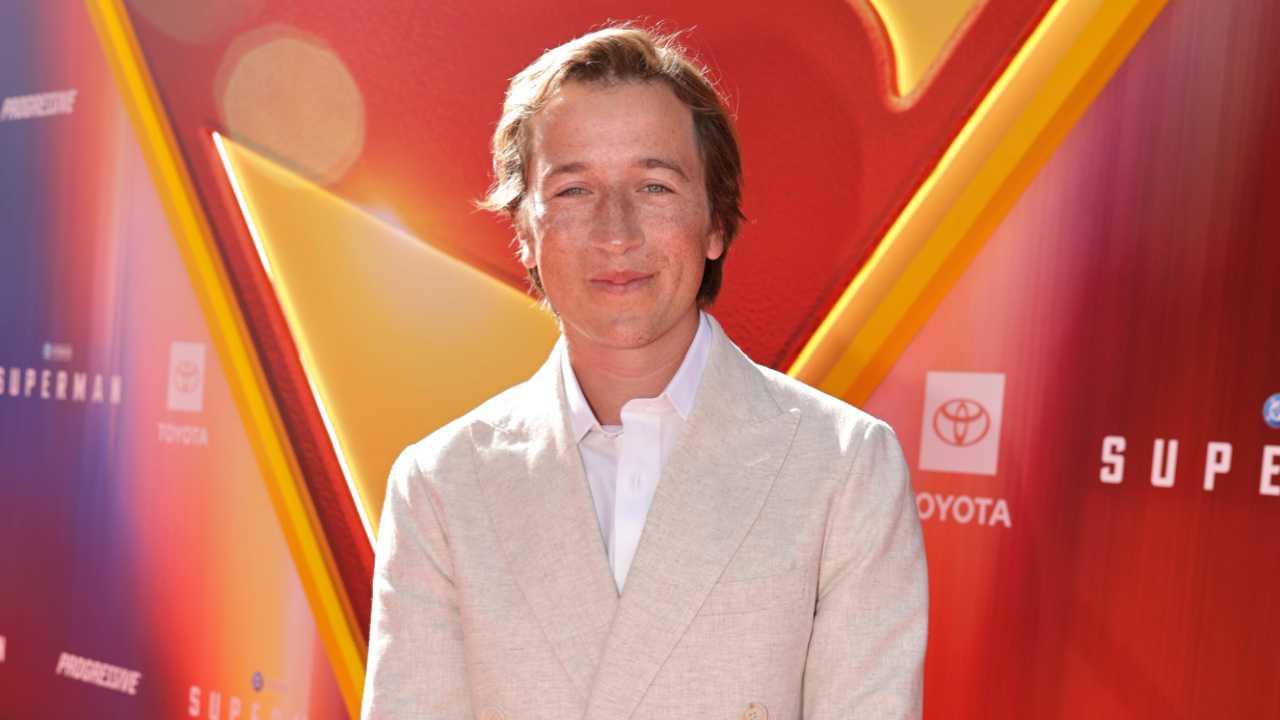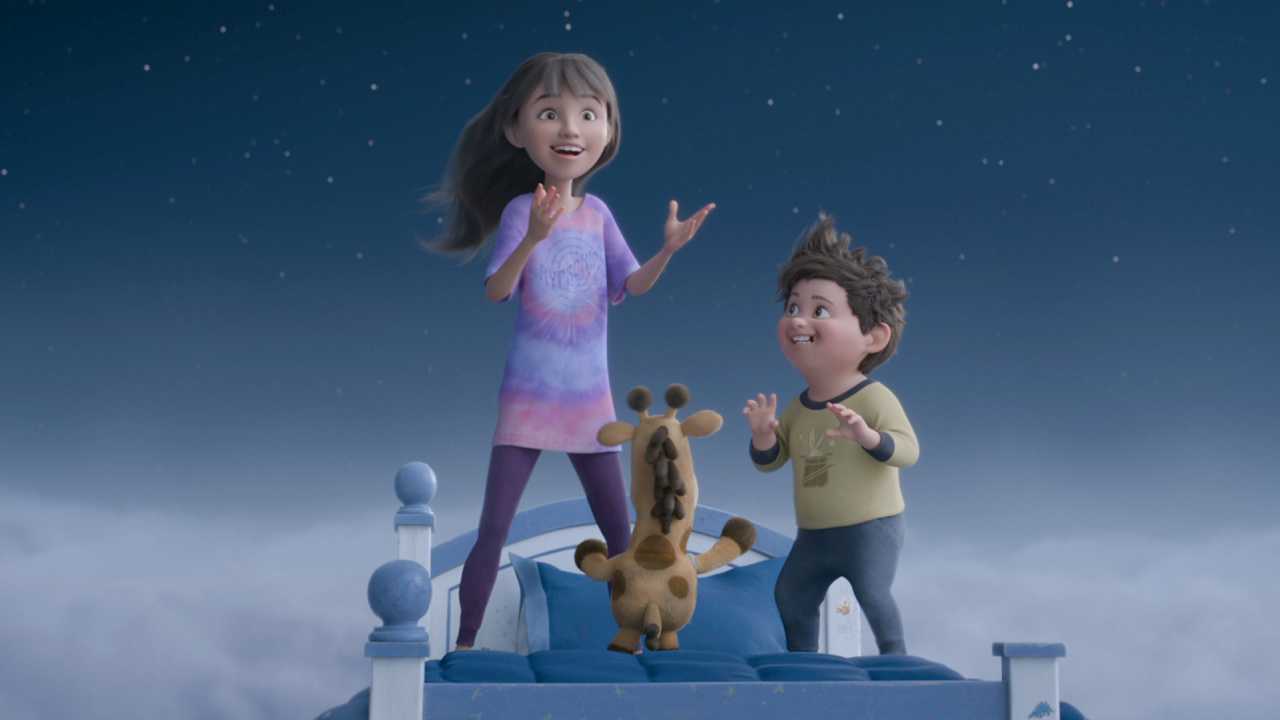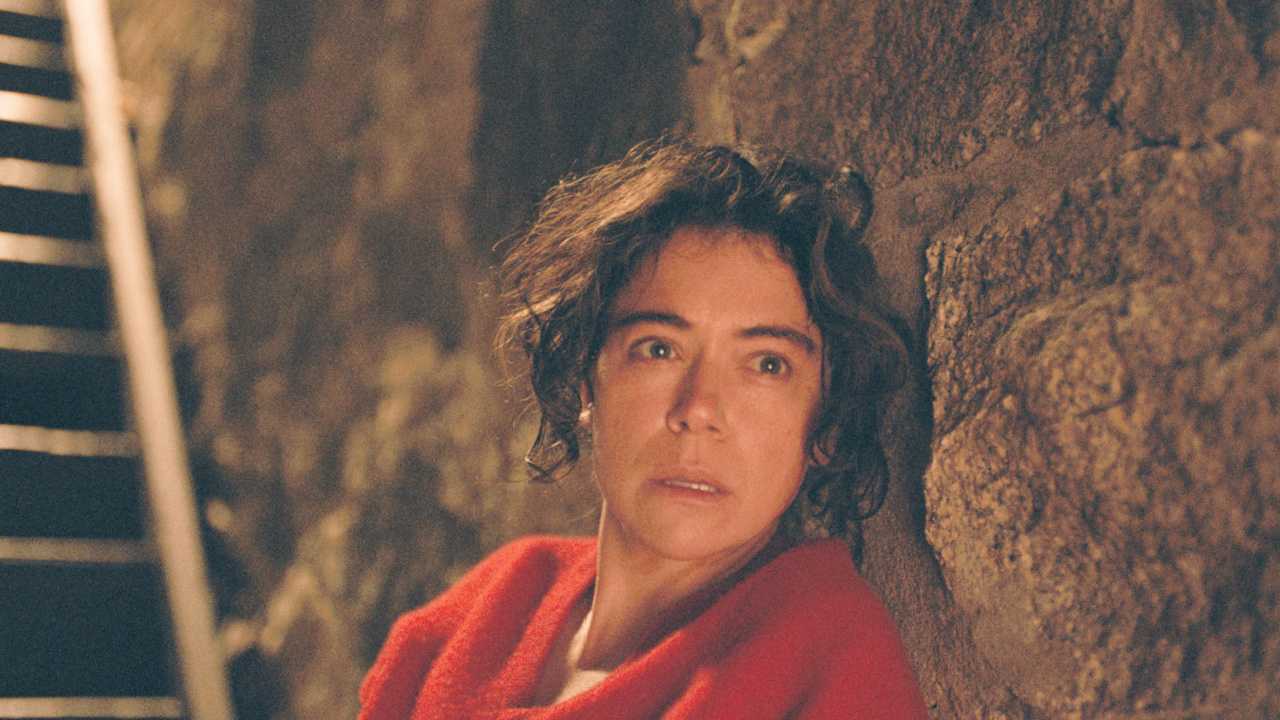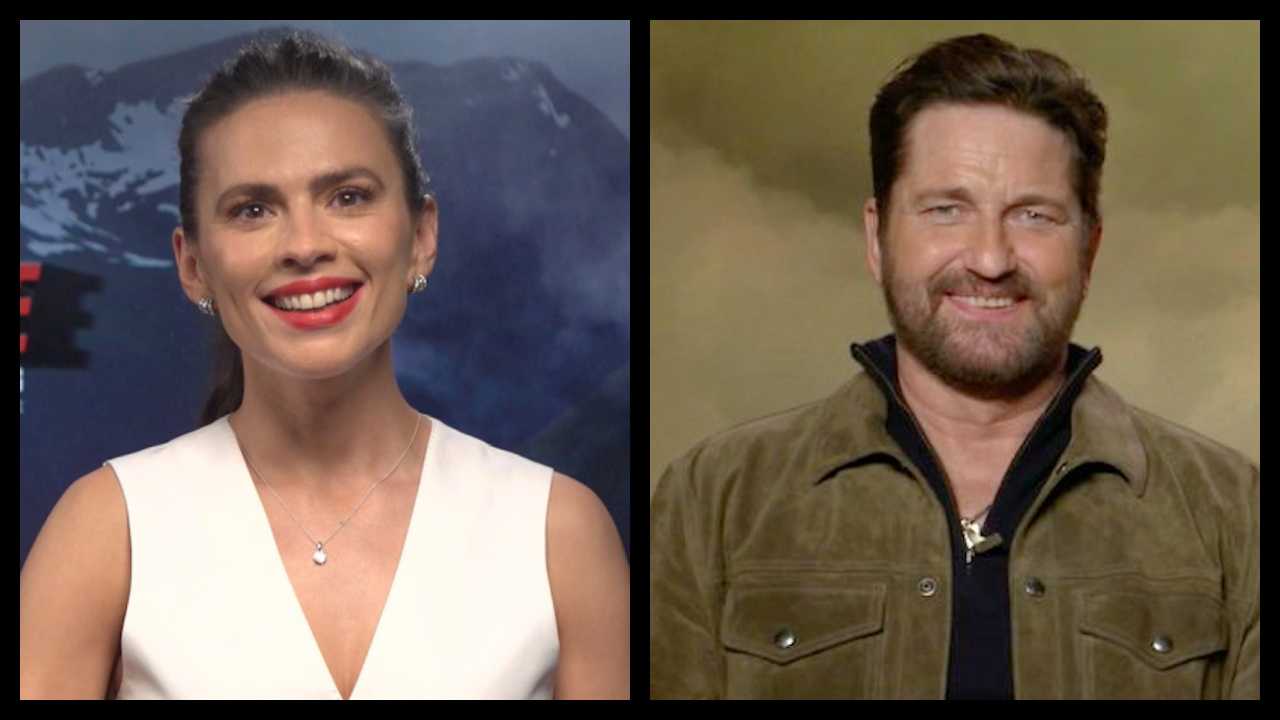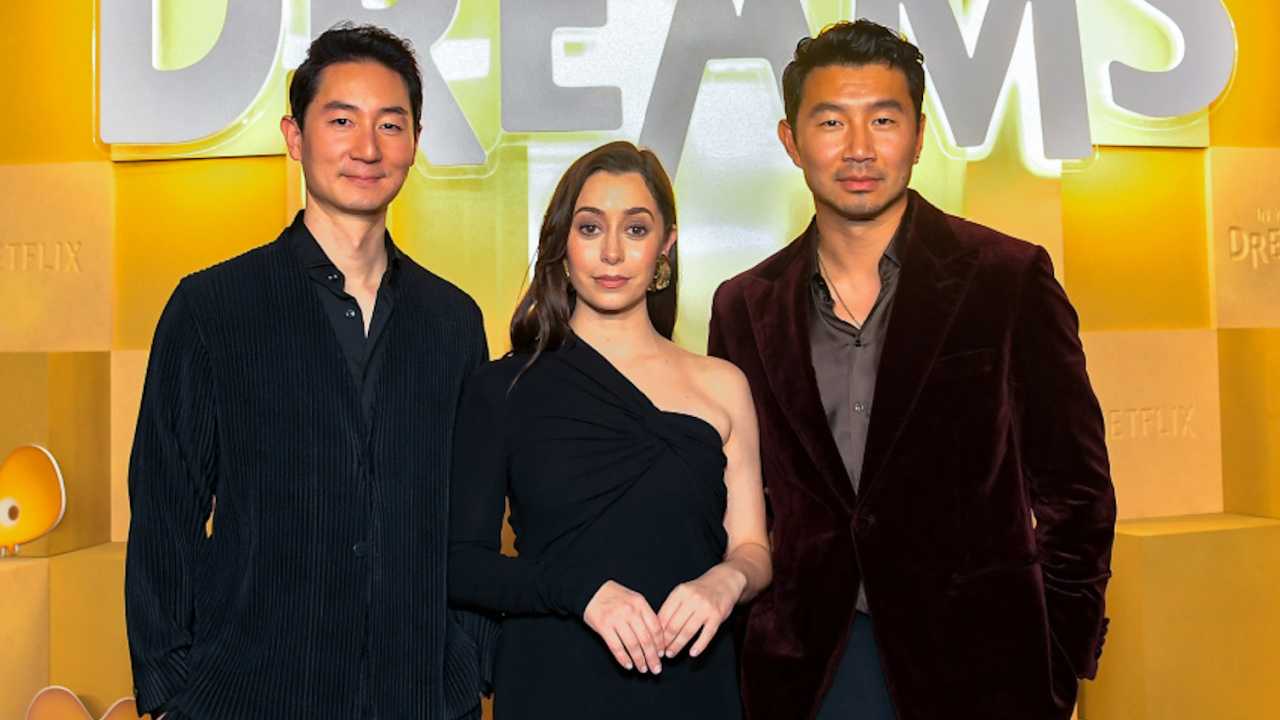Emmy Nominee John Singleton on 'People v O.J. Simpson,' L.A., and His TV Future
John Singleton is no stranger to awards attention.
After all, a quarter-century ago, his 1992 debut film "Boyz n the Hood" garnered all kinds of accolades, including Academy Awards nominations for Best Direction and Best Original Screenplay -- then and now the youngest-ever nominee at 24, edging out previous record-holder Orson Welles by a year.
But television is a brand-new landscape for Singleton, and he's already racking up the honors, garnering his first The People v. O.J. Simpson: American Crime Story" and its critical sixth episode "The Race Card." The episode explored the canny introduction of racial division into the celebrity murder case by defense attorney Johnny Cochran -- including manipulatively stage managing the jurors' visit to the Simpson residence -- and how the polarizing legal strategy impacted prosecutor Christopher Darden and his status in the African-American community.
Singleton joined Moviefone to reflect on his experience making the series, as well as his increasing ambitions in the television medium.
Moviefone: What did it mean, first of all, to be a part of "The People v. O.J. Simpson," and particularly to get the episode that you got, which is really so crucial to the entire story?
John Singleton: It was phenomenal. I mean, I asked to be a part of this thing. I went and I hit up Ryan Murphy and Nina Jacobson, and my friends, first of all, Scott [Alexander] and Larry [Karaszewski, the series' principal writer/producers] -- they're USC alumni, so through them first and they introduced me to Nina and then Ryan.
We had a meeting and stuff, and we just talked it out. I said, "I'm from Los Angeles, and I consider myself an L.A. filmmaker. And this is the quintessential L.A. story, and I really, really want to be a part of it." And they said, "Okay. Let's do it."
The episode you directed in particular deals so much with issues of race -- the very title is "The Race Card," and so much about the Johnnie Cochran/Chris Darden relationship, both with each other and how the public perceived them. What was for you the interesting challenge to try to bring that to life?
I was like, I didn't want to look at it as a straight legal drama in the way in which I decided to shoot it. I wanted to look at it like the prosecution were dueling cowboys. They're in total opposition to each other. So that's the way I looked at it, in terms of going to it thematically.
The show was gifted with an incredible ensemble of actors. Tell me about your work with the actors that you got to work with specifically in your episode, and that creative collaboration.
I got to work with everybody. That's why I'm like bouncing off the walls! I mean, just to really be able to do that and work with all those people, to be standing next to John Travolta and I want to bend his ear about all the legendary performances that he's had, and just staying professional.
To work with the phenomenal -- I call her "my soldier" -- Sarah Paulson, who I was a big fan of before we even did it. That was a great thing. And Courtney [B. Vance] and I have known each other for many, many years. We haven't had a chance to work with each other ever.
And then, the unspoken thing is I haven't worked with Cuba [Gooding, Jr.] since "Boyz n the Hood," and that was a very, very emotional thing for the two of us.
Twenty five years since "Boyz n the Hood."Did you and Cuba pick it up like it was yesterday? Did you have to sort of reacquaint yourselves with each other?
It was emotional because it didn't hit us until we were in the middle of the scene. You know?
As you said, you are a Los Angeles filmmaker telling stories about the city of Los Angeles. Going back to the early days of the Simpson trial, as it was happening, what were your feelings about it and what it meant and symbolized at the time? How do you look at it today?
I look at it the same way I looked at it back then. It was a conundrum. It was a cluster bleep-bleep, you know? It's one of those things that just ... one of those things where a conflux of historical events and social events and pop culture all merged on to each other.
It was such a unique and particular time in L.A. What do you remember about it as it was happening? What was the kind of discussion and talk that you remember engaging in when it was going on?
Just the speculation of what could really happen, what really happened, and what was going on behind the scenes on all sides and stuff. I remember all that. And the tide of change from cross culturally everyone saying, "Oh, he couldn't have done it," to the tides changing towards, "Well, maybe he did," you know what I mean? That crossed, too.
Why do you love telling stories about Los Angeles?
Because it's what I know. I'm a Los Angeleno. I was born and bred here. I went to school here. I've lived here all my life. I feel like a lot of people wrongly think that this city has no character, but it really does. The city has a character. It always has. It's a desert town. This is still a desert town. Like in the old Westerns, where somebody new comes into town and they try to make their way and they have some type of adventure. That's what Los Angeles is, still is.
You've now directed a few episodes of television shows, like this and "Empire," and you've got your own project coming up. Tell me a little bit more about what you've got ahead in TV, and why you've enjoyed working in that medium.
I have "Snowfall" with FX -- same network! It's a series that's set in Los Angeles. It's South Central, East L.A., and the San Fernando Valley in the early 1980s, and it's about how cocaine changed the city. The proliferation of cocaine, and how it changed the city.
And can you tell me a little bit about your other show in development, "Rebel"?
Yeah, "Rebel" is a show about a private investigator in Oakland. It's very, very near. I just shot the pilot. I just wanted to do something really different and shake up the whole landscape of what's going on with black women in television.
Are we finally getting to tell stories about some other neighborhoods around Los Angeles? You certainly kicked things off, but those stories still have been too few and too far between in the years since "Boyz n the Hood." Are we finally starting to explore these kinds of stories and these communities a little bit more in our TV and films?
I think it's a matter of exploring them, and it's a matter of exploring them in a very honest way.
We got a largely diverse crop of Emmy nominees this year, as opposed to what people were saying about the Oscars. Did you feel happy to see that? Did you feel that television is maybe getting it and being open more than, say, the film industry has been recently?
Yeah, I think so. I mean, television has become truly a storytellers medium. You can be experimental in it. There are a lot of different actual, surprisingly, personal businesses in it. There's so much to do.
Is that where you see yourself working for the near future, TV? Or do you still have some stuff in the works for the big screen?
Right now, I have stuff in the works for the big screen, but my focus is on television -- on just building and making a mark in television. I'm really so happy that I got some type of consideration from my peers because it's going to really help me in TV.
When you look back to the John Singleton who was setting out to make "Boyz n the Hood," what would you love to be able to tell him if you could?
I would have told him to get into TV sooner!
The 68th Annual Emmy Awards airs September 18th on ABC.

